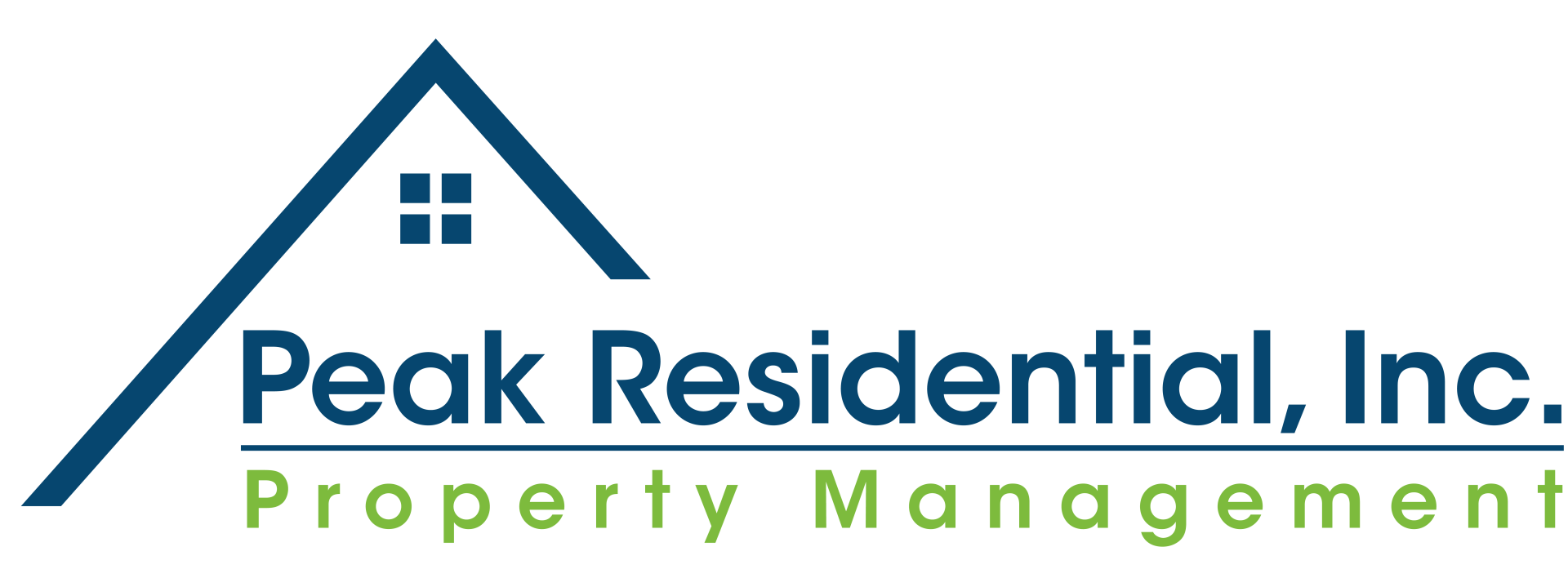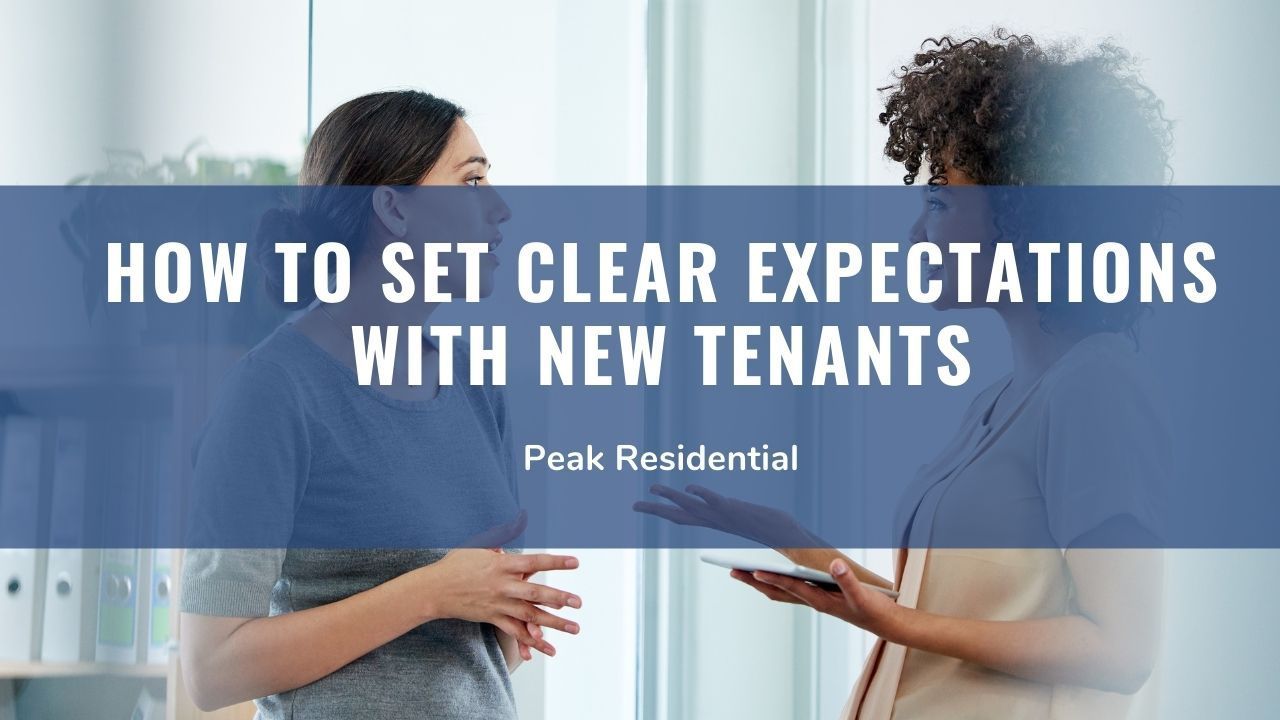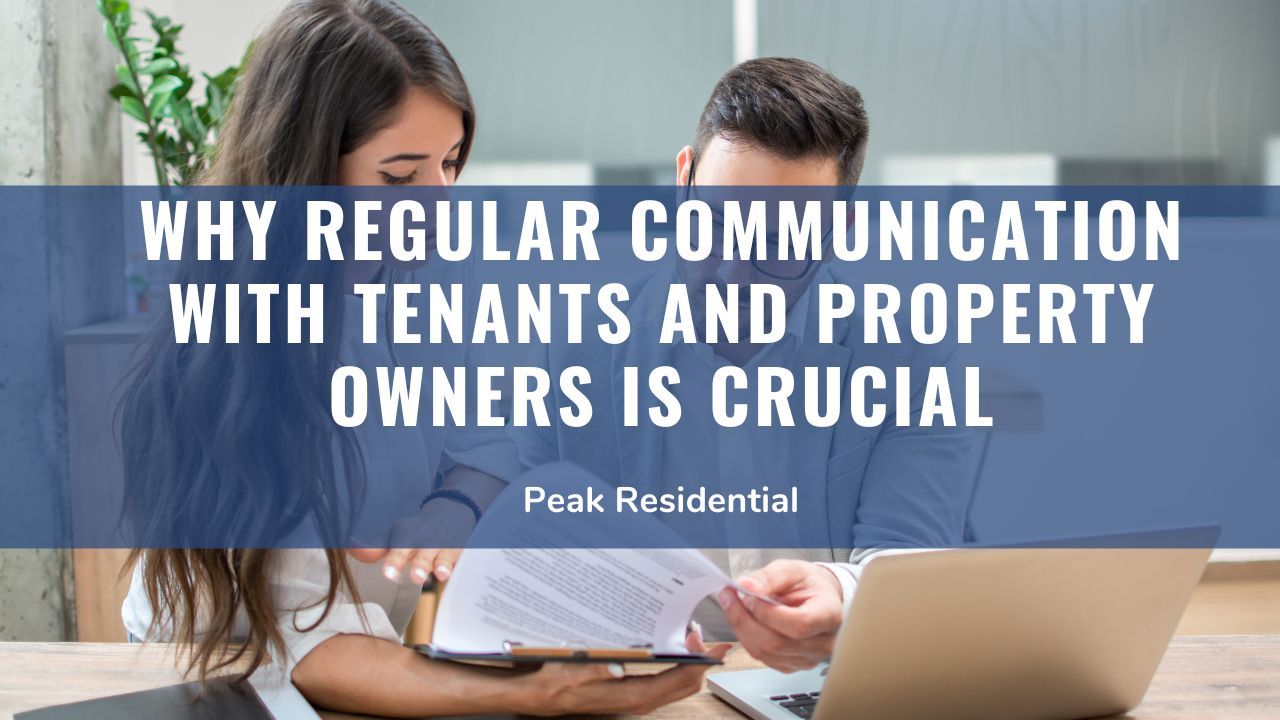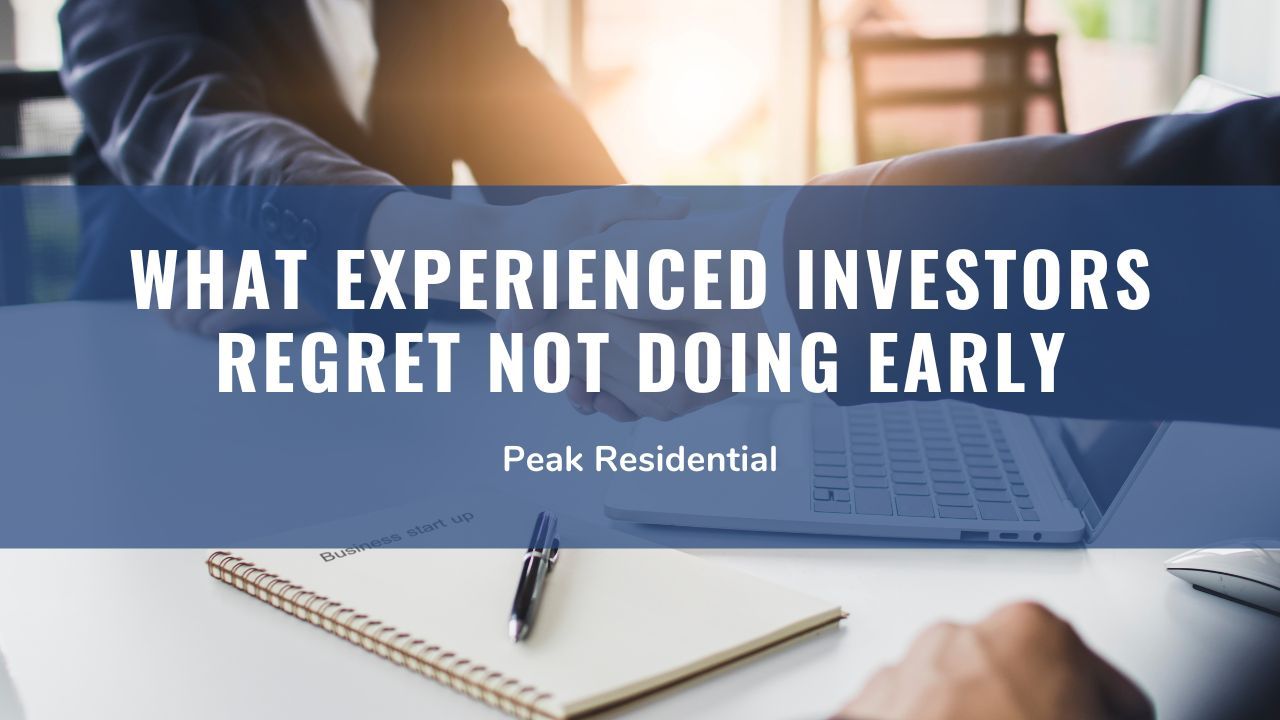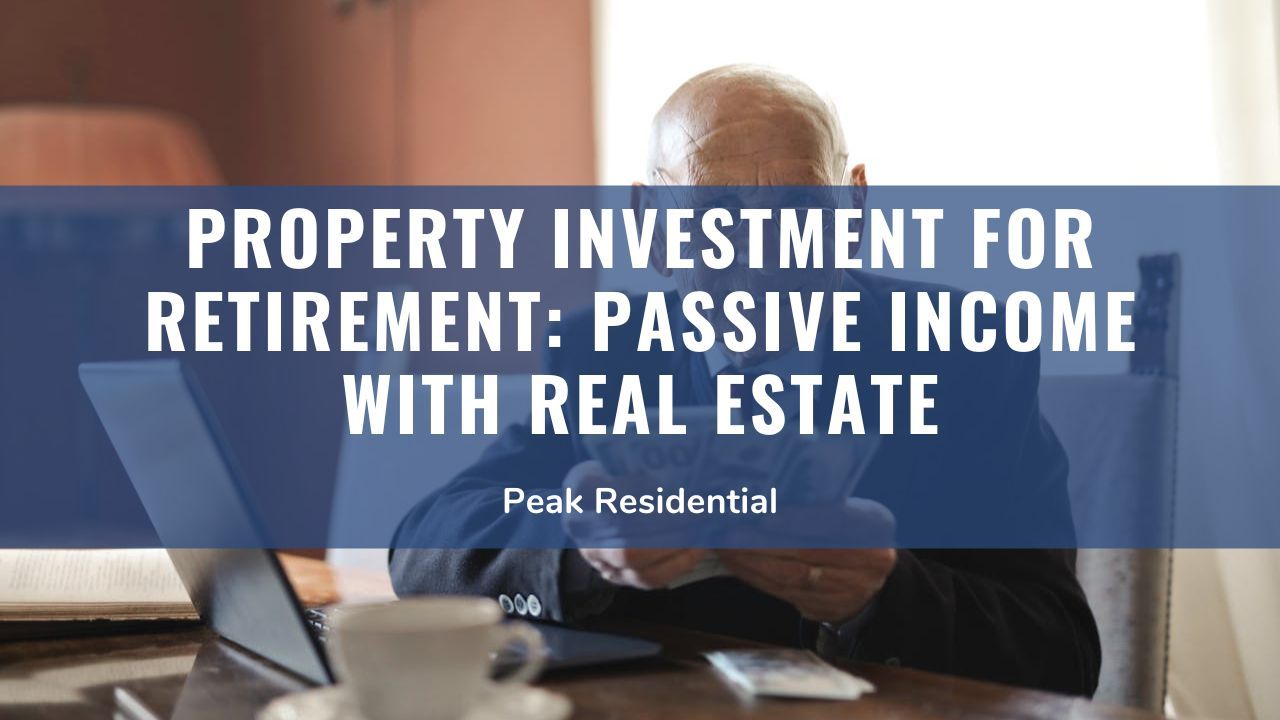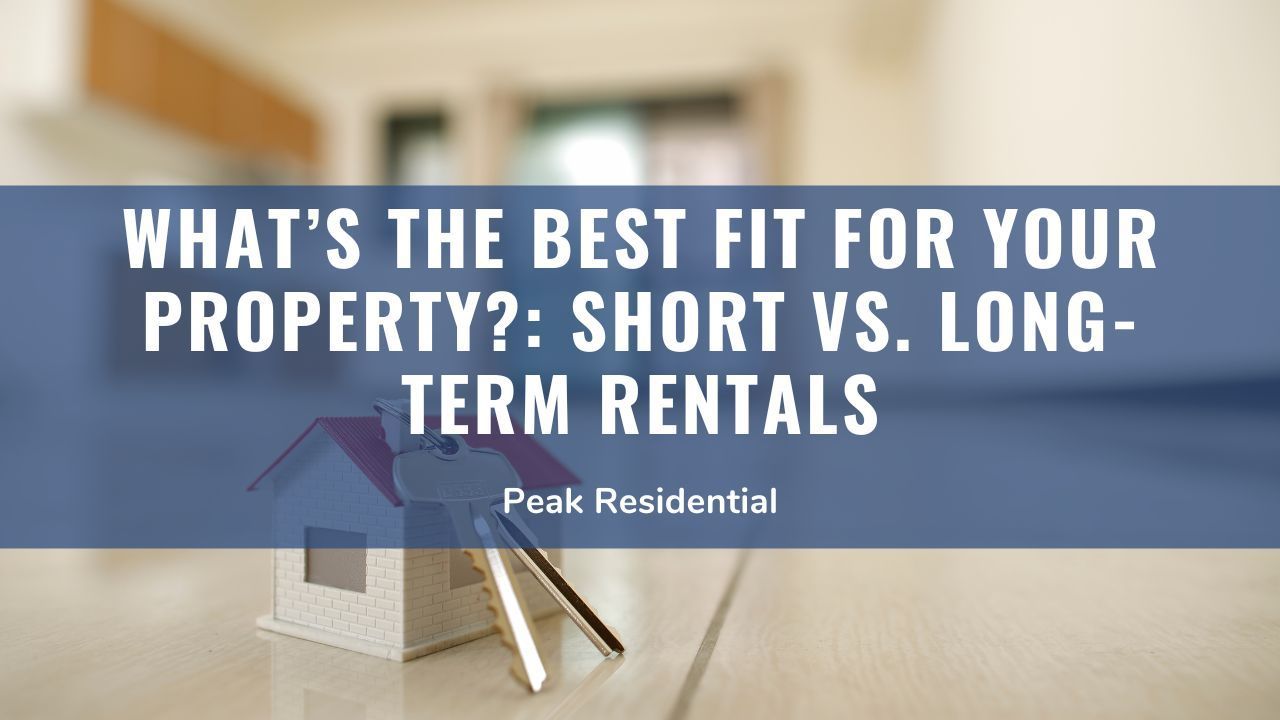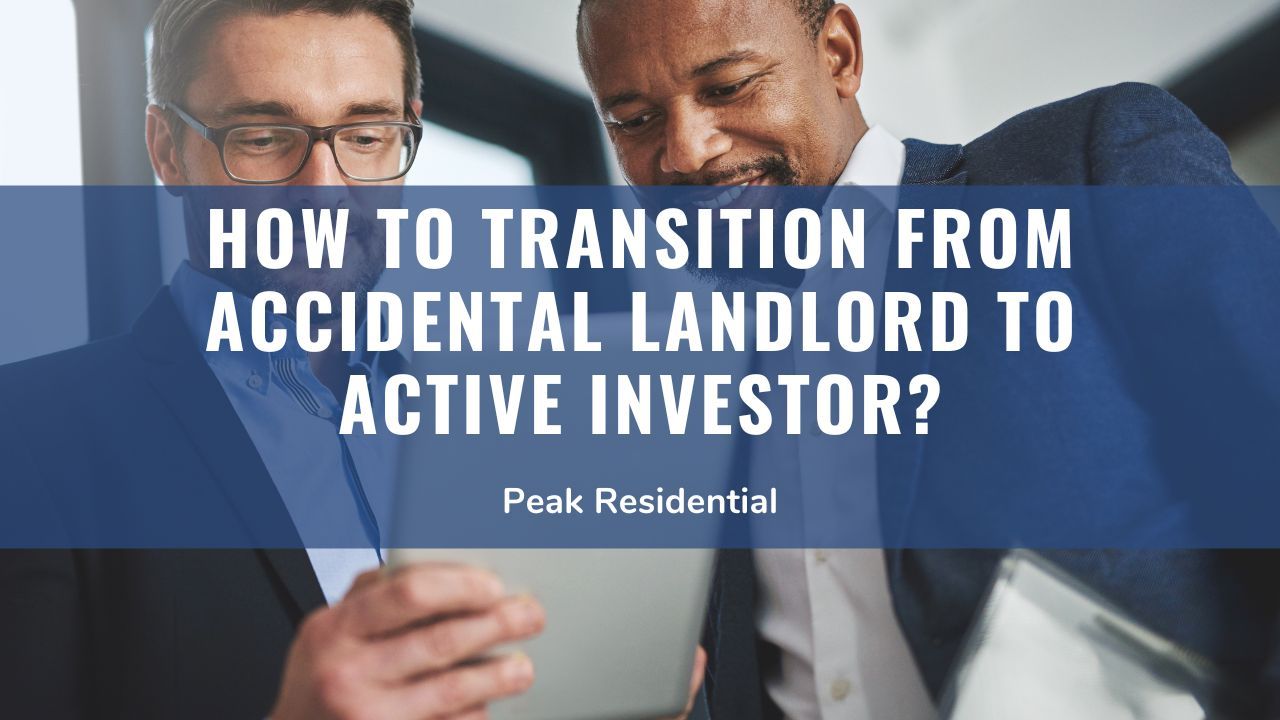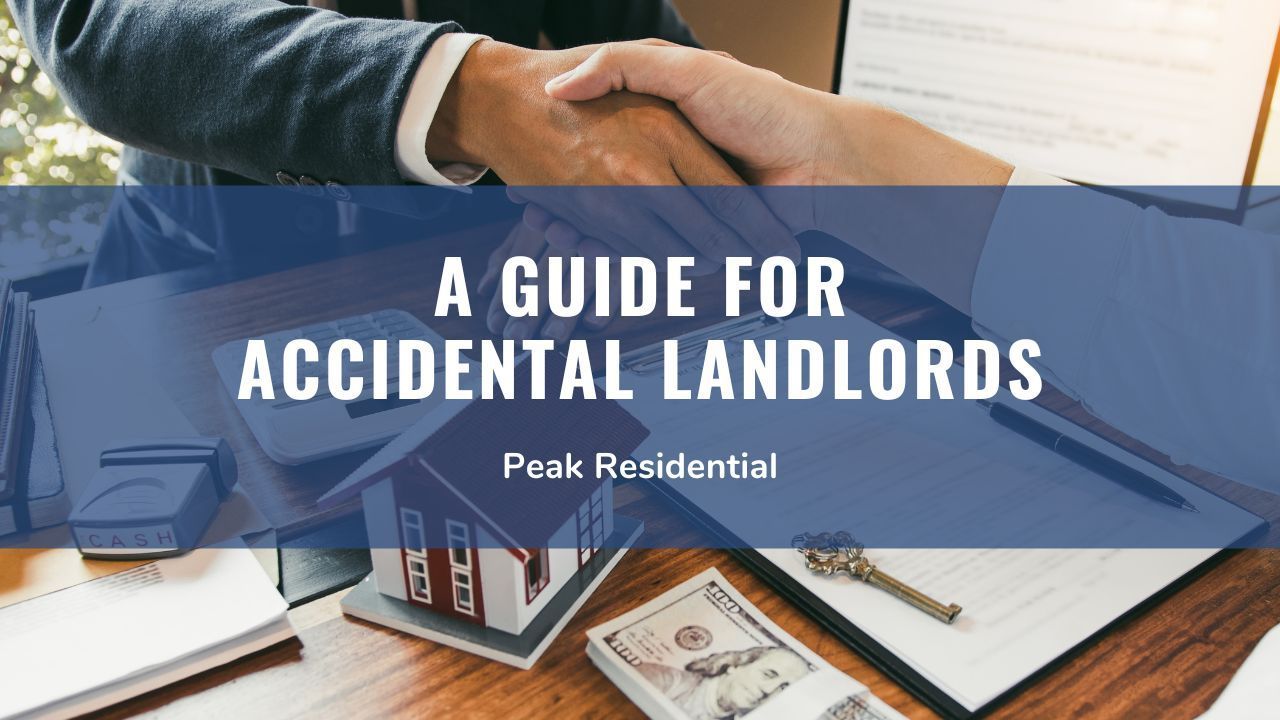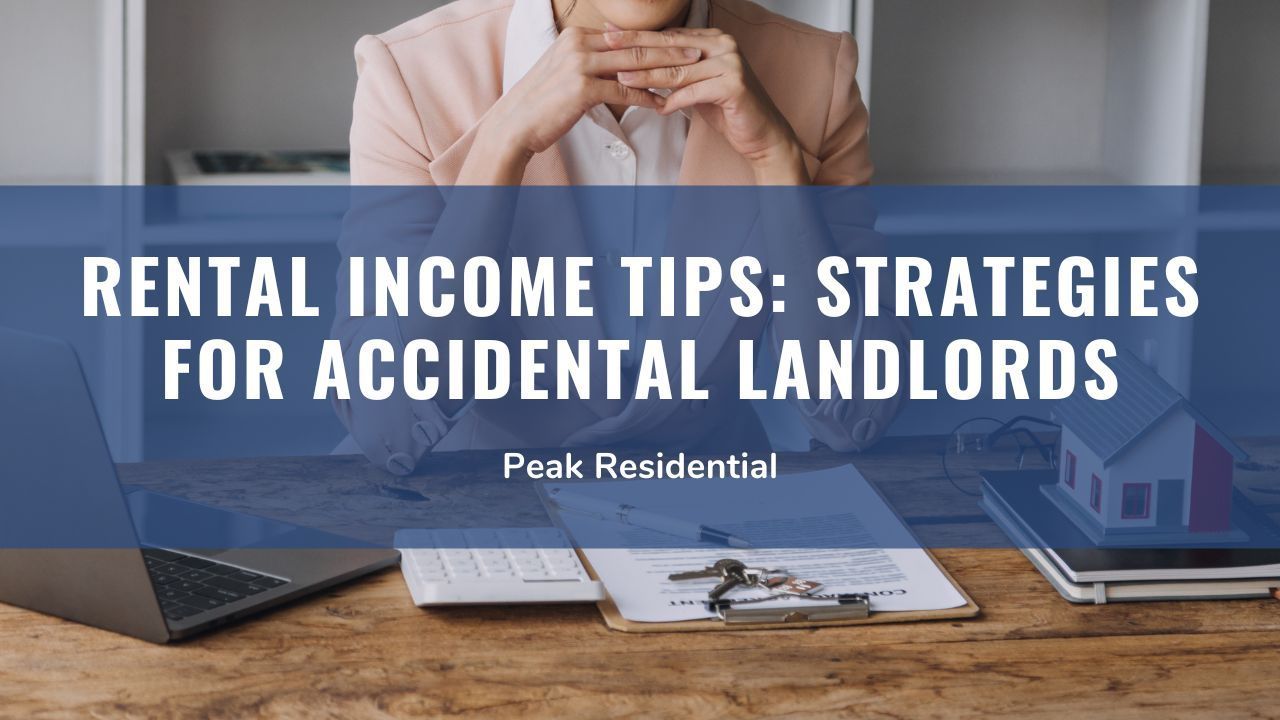As a landlord, you must be knowledgeable about your tenants’ rights. Local, state, and federal laws provide certain rights to tenants whether there is a lease agreement or not. One of these rights is the Covenant of Quiet Enjoyment.
Tenants are entitled to reside in your home and enjoy their peace and quiet. This includes being free of any disturbances and nuisance, such as unreasonable noise disturbances from fellow tenants, neighbors, and landlords.
Honoring this agreement is crucial in keeping your renters happy and encouraging them to renew their lease when it’s due. Failing to do so, on the other hand, could mean facing repercussions, such as
tenant complaints.
Some of the possible consequences include:
- Your tenant may choose to vacate the leased premises without being bound to the lease agreement. In general, tenants can break the rental agreement if the landlord fails or refuses to uphold their responsibilities and seriously violates the terms of the lease.
- Your tenant may not pay rent altogether. Some local or state laws allow tenants to legally refuses to pay rent when the landlord has violated their right to privacy and quiet enjoyment covenant. Consult an attorney with any questions.
- Your tenant may choose to file for dispute. Violation of quiet enjoyment covenant and/or landlord harassment are examples of serious breach of the rental contract. These are common reasons for a landlord to find themselves in small claims court.
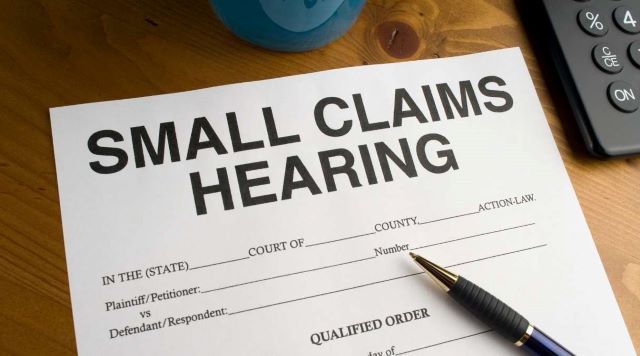
Here at Peak Residential, we’ve put together this article so you’ll be well-versed with the Covenant of Quiet Enjoyment.
What Is an Implied Covenant?
An covenant is an unspoken or unwritten agreement that doesn’t need to be explicitly stated in an agreement contract. Since this is an unspoken law, you can’t oblige your tenant to forego this agreement or covenant.
What Is Quiet Enjoyment?
Defining what quiet enjoyment is depends on the situation. quiet enjoyment protects tenants. The definition of the term is relative because every tenant situation is unique.
Generally, tenants have two basic rights under the rental or lease agreement. Tenants are:
- Entitled to a safe, comfortable and livable space.
- Entitled to live in peace and quiet.
For tenants to receive the right to the peace and quiet within the property’s premises, landlords must respect their privacy, not disturb their peace, and always prioritize their comfort during their tenancy.
When the tenant occupies the space and signs the lease agreement, this also gives them entitlement to the following:
- A Livable, Functional Dwelling: Your leased premises must include basic amenities and utilities such as running tap water, electricity, and heat.
- Secure and Safe Space: Your tenants must feel safe and secure during tenancy, so safety and security measures should be in place before they move in.
- Privacy, Peace and Comfort: Don’t impose on your tenants and interfere with their daily activities.

- Exclusive Access to the Property: Even if you’re the owner of the apartment, you can’t just pop up and enter the property. If you need to fulfill your landlord duties of conducting apartment maintenance or repairs, it’s common courtesy to inform tenants ahead of time.
When Can a Landlord Enter Rented Premises?
To enter a tenant’s unit, you must have justifiable reasons. Generally, a landlord can access the property in the following scenarios:
- To fulfill landlord tasks or duties like apartment upkeep or scheduled maintenance
- To address tenant maintenance requests
- For a move out inspection and end of tenancy cleaning
- To confirm if the property is uninhabited
- Under court order
- To serve an eviction notice
- For property remodeling or renovation
- To show the unit to interested applicants, buyers, or lenders
Aside from the mentioned scenarios, you also have to be mindful of the time you visit the property. Avoid going there during early or late hours, unless it’s an
emergency.
Some states specify when a landlord can enter the property. This is typically during business hours, between 9AM and 6PM, unless otherwise set by all parties.
Exceptions to this are during emergencies where the landlord’s immediate attention is required, such as fires, gas leaks or flooding at the property.
What Are Common Landlord Violations?
As a landlord, it’s crucial that you’re aware of common violations to your tenant’s quiet enjoyment, which include:
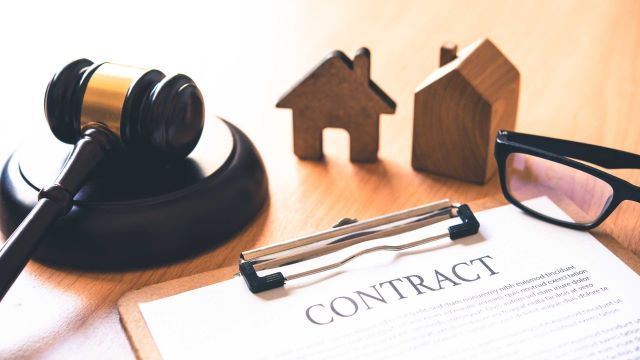
- Failing to provide services and items stipulated in the lease agreement.
- Meddling on the tenant's property.
- Failing to uphold landlord responsibilities that will eventually affect the tenant’s security and safety.
- Shutting off utilities and other essential services like water and electricity.
- Failing to uphold landlord responsibilities that will eventually affect the property’s habitability.
- Overly strict rules such as preventing tenants from accepting quiet guests.
- Repeatedly entering the property without notice.
- Failing to keep bothersome behaviors, noise, and nuisance to a minimum.
What Are Acceptable Practices That Honor a Tenant’s Peace and Quiet?
The following are common scenarios, practices, or activities that don’t typically violate a tenant’s peace and quiet so long as they don’t occur repeatedly:
- Outside noise from wildlife such as birds, crickets and other insects.
- Completing important landlord responsibilities, such as doing repairs or conducting maintenance.
- Footsteps from neighbors who are living beside or above their unit.
- Knocking on the door or calling the tenant to collect and pay rent that is due.
Is Your Tenant Obligated to Follow Noise Ordinances?
While your tenants are entitled to quiet enjoyment, they must also observe and honor their neighbors by following noise ordinances and civil laws. It’s their obligation to observe quiet hours and keep disruptive noise under control.
Since there’s no contract between you and the neighbor, the disturbance will be classified as a nuisance. The neighbor is entitled to call the police and file a nuisance complaint or even talk to an attorney.

If the issue is repeated over and over, the city may decide to bring the matter to court due to disturbances.
Bottom Line
As a landlord, it’s important that you respect your tenant’s peace and quiet during their tenancy. If you’re a new landlord and have questions about your tenants’ rights to quiet enjoyment and other property management needs, you can rely on Peak Residential! Call us today at 916-988-5357 to get started!
